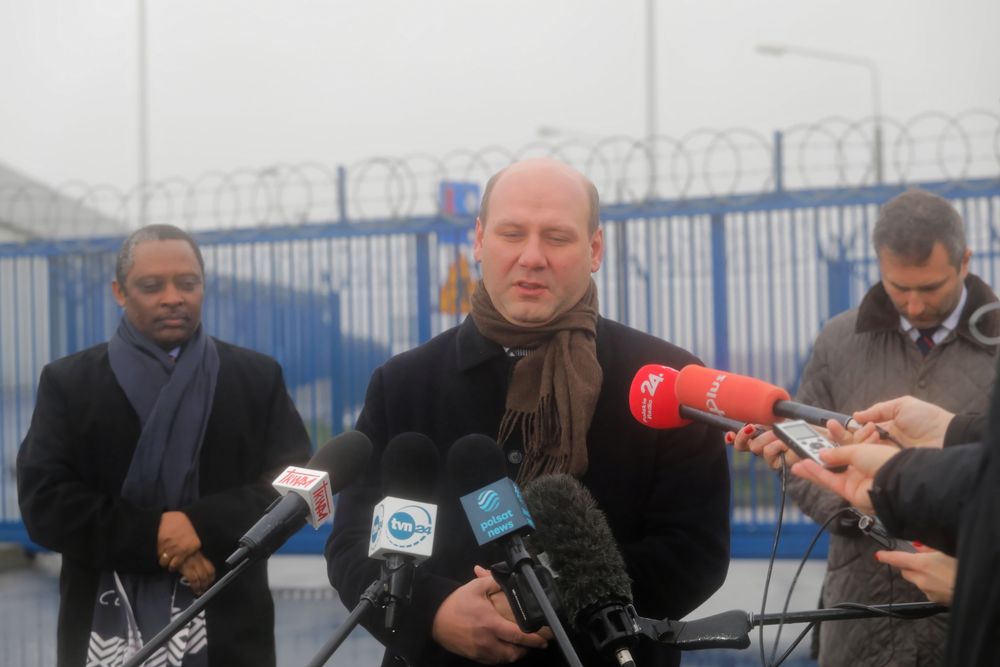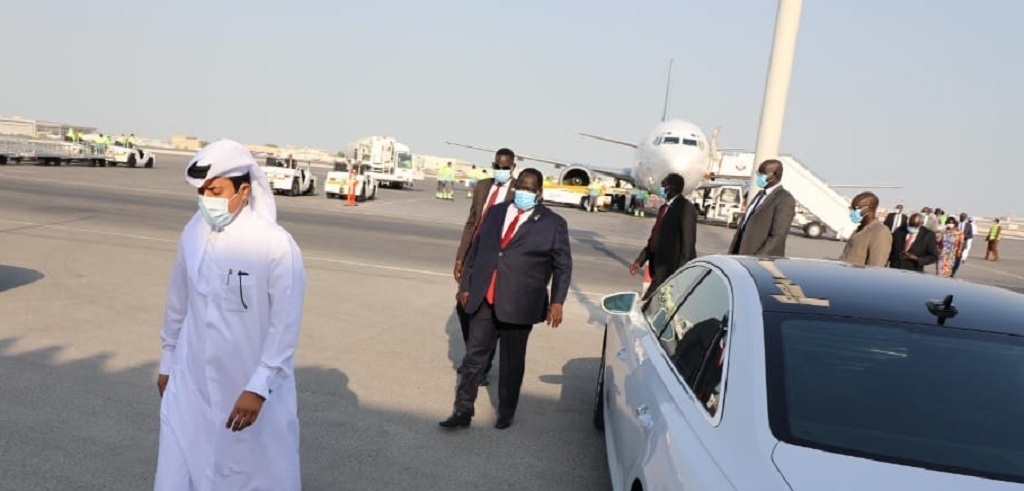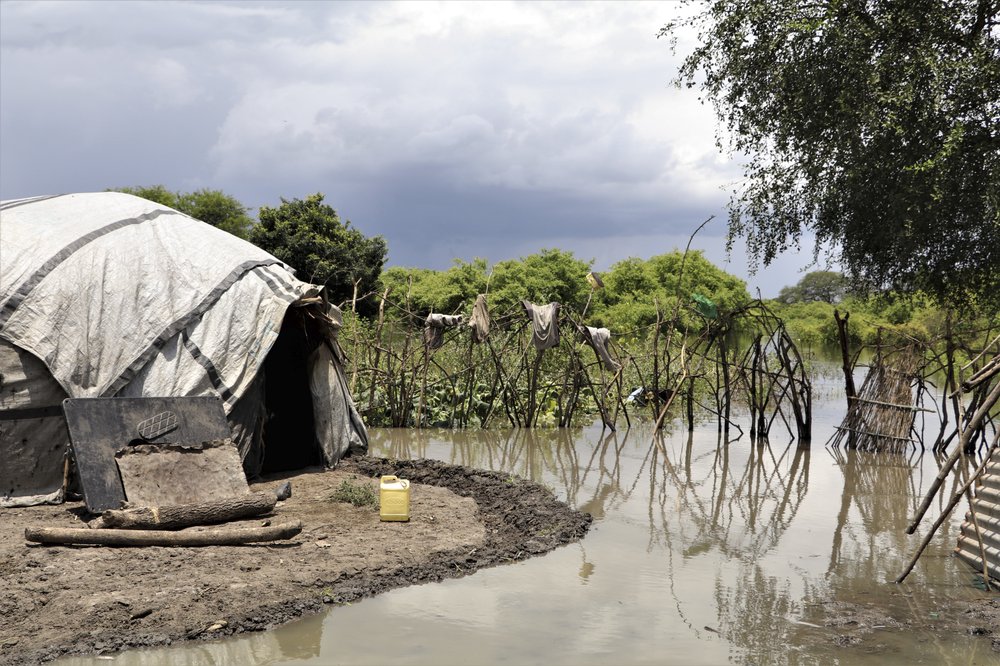Forty-year-old Chol Garang and his wife Anok Deng, 33, sit on a woven mat outside their new home in Malakal, South Sudan’s second largest city, waiting for rice donated by the church to cook for their children.
Garang’s family was displaced from their home in September by floods caused by the heavy rains that overwhelmed local communities. The family took refuge at a local Catholic church to await resettlement.
“When I saw the flood approaching my house, I moved my children to my friend’s house, but when I returned the next day, my belongings had been destroyed by the floods,” the father of four told Catholic News Service Oct. 25 by phone from Malakal. “I have never experienced such a flood and storm. It ripped off roofs, toppled trees, destroyed houses, crops and animals.”
Garang and his family are among thousands of Malakal residents who have received aid from the Catholic Church and its aid agency Caritas South Sudan to help them resettle and recover from the country’s worst flooding in 60 years. More than 12,000 people were displaced by devastating floods that destroyed 6,000 homes, crops, livestock and infrastructure such as roads and bridges.
The disaster is the latest challenge to confront South Sudan. Throughout the country, 700,000 people were displaced by flash flooding in September, according to the United Nations. The natural disaster comes as the nation continues to struggle to find peace after years of civil war. The conflict between government forces of President Salva Kiir and militia loyal to the vice president, Riek Machar, has left nearly and 4 million people displaced.
The church’s Caritas humanitarian aid agency, in collaboration with dioceses and local parishes, has been working to help flood victims rebuild their lives by providing food, emergency medical supplies, blankets, mosquito nets, water and clothing while building new homes.
“The floods have affected the people of South Sudan, and the church is trying to help the victims with basic needs like shelter, food and clothes,” Father James Oyet Latansio, general secretary of the South Sudan Council of Churches, said. “The flood has also affected and displaced the population that had already been displaced by the violence, and they are urgently in need of help.”
The dire humanitarian situation in the world’s youngest nation, particularly in the Diocese of Malakal with nearly 3 million people, prompted Pope Francis in early October to donate $75,000 to assist in the emergency response.
Bishop Stephen Majwok of Malakal told CNS that the pope’s donation was a gesture of love to people in need as they pull their lives together.
“We are so grateful to the Holy Father for the love he has shown to our people and country, and especially sending his financial aid directly to my diocese to help those that have been affected by the floods,” Majwok said.
“Through the diocesan Caritas office, we are reaching out to the victims of floods to ensure they are helped. Priests are also playing a major role in offering counseling to people affected by the flood,” the bishop said.
Majwok explained how floodwater also destroyed several parishes, forcing priests to move to higher ground. He also expressed concern that South Sudan could face a food crisis because crops and livestock were swept away by the raging waters.
Residents, he added, have lost access to basic services such as health care and access to water sources. “For now, we are using canoes and boats to reach out to stranded families and help them where we can as a church,” he said.
Meanwhile, Garang said more help is needed because many residents still have no shelter, food and other essential items.
“The situation is still bad, and people should come out and assist more flood victims,” he said. “The relief food and other basic items are not reaching everyone because floods are preventing aid agencies from delivering food and medical supplies to desperate families.” - Tonny Onyulo, Catholic News Service/Crux








